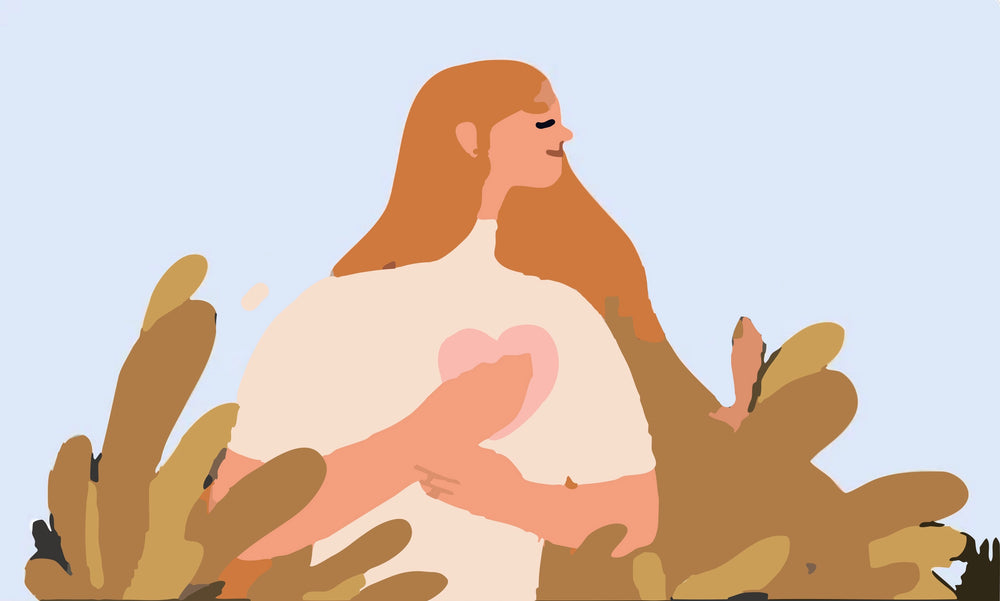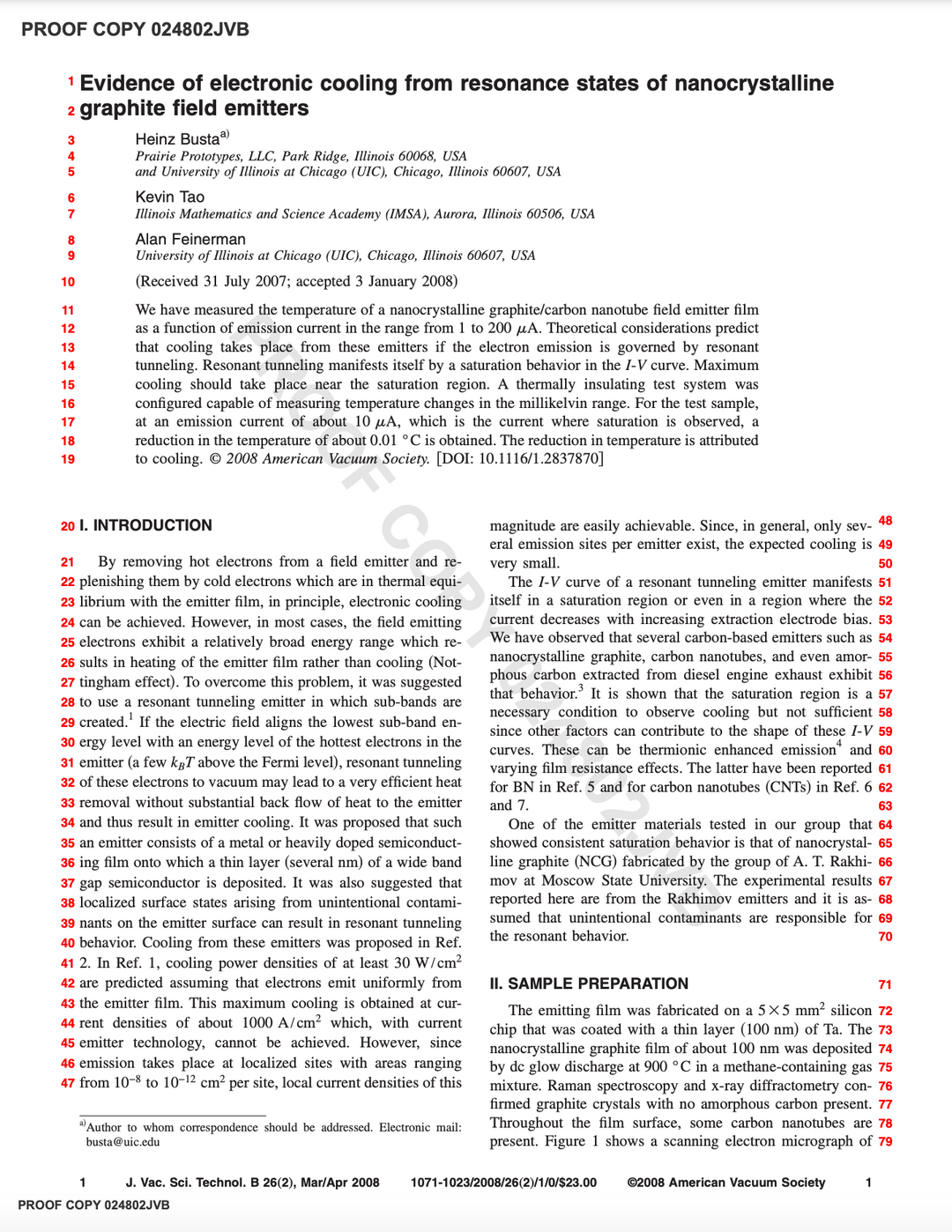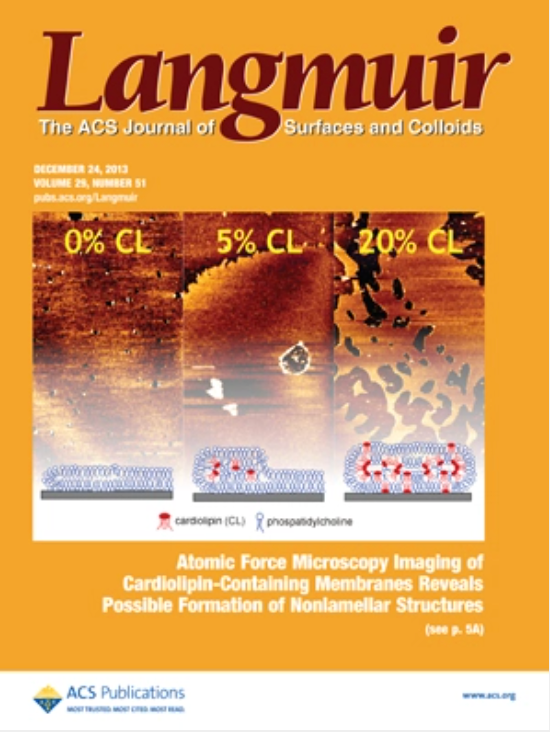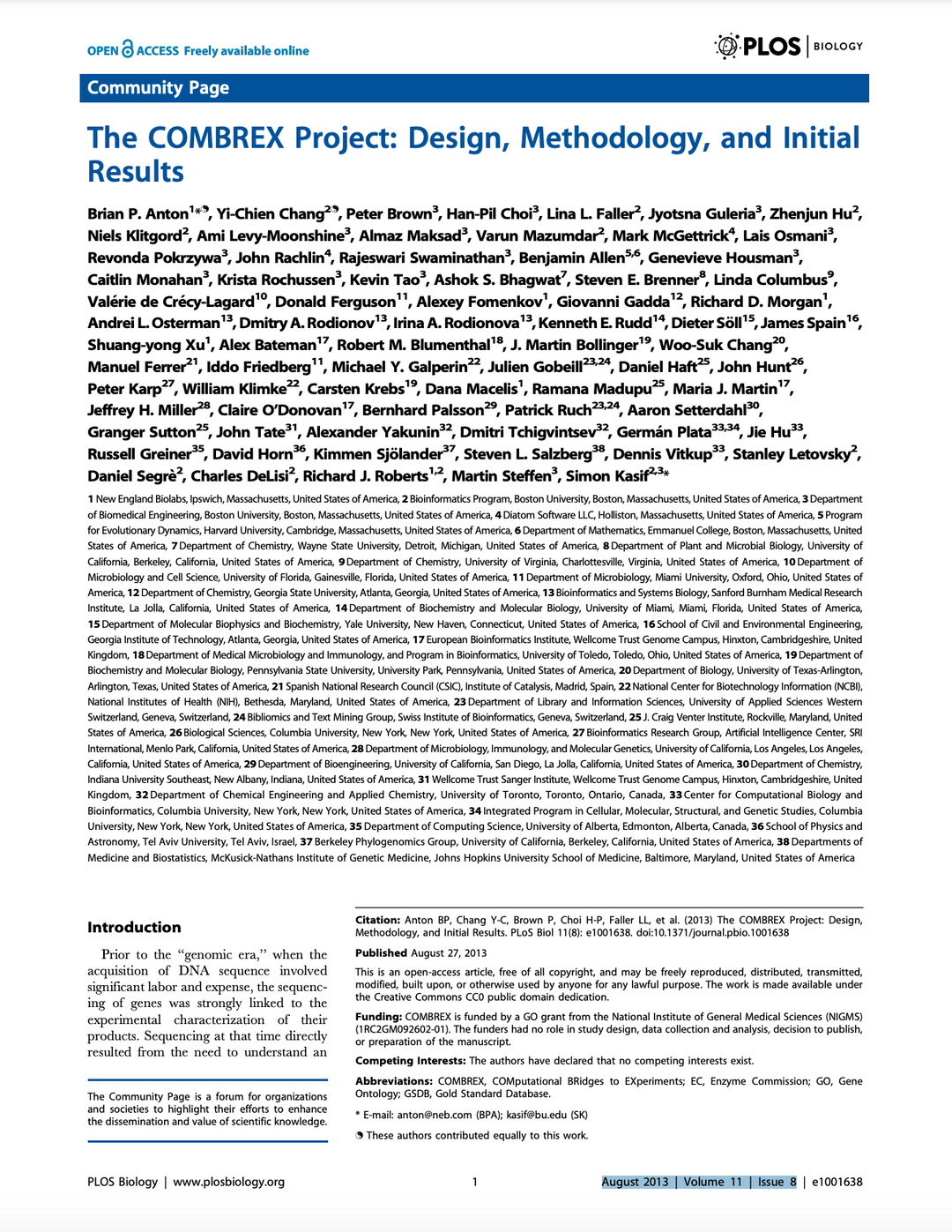Kevin Tao

Education
| Bachelors in Biomedical Engineering | Duke University | 2007-2011 |
|---|
Work Experience
| Cofounder | NeuEve | 2012 - Present |
|---|---|---|
| Cofounder | Recoveralls | 2020 - 2022 |
| Recoveralls was an innovative reusable personal protective equipment startup. We sourced cleanroom fabric and found factories to manufacture washable, reusable PPE for frontline workers, which we donated and sold. | ||
| Senior Software Engineer | CancerIQ | 2015 - 2018 |
| I developed and implemented cancer risk algorithms, which help women discover if they were at high risk of breast, ovarian, or colon cancer. | ||
Kevin's Story
People are often surprised when they learn that I co-founded NeuEve. I don’t fit the typical mold, and their first impressions don’t quite add up.
Some see me as a spoiled child who’s never faced hardship. Others dismiss me as just another man with nothing to contribute to solving women’s issues. Some label me as a stereotypical "nerdy tech guy," while others think I’m "too nice," which they equate with weakness.
These assumptions couldn’t be further from the truth.
The reality is that my struggles shaped who I am, and NeuEve reflects the journey that brought me here.
As a child, I was caught between two opposing desires: to be extraordinary and change the world, and to be normal and accepted.
Let me paint a picture for you.
I was a shy, sensitive, and bright Asian kid, growing up like a beanstalk in a small middle-class town in Kansas—the only Asian family for miles. I was blessed and cursed with a gift: the gift of being extremely smart.
When I was six, I had a huge crush on my neighbor, Natalie. We walked to school together a few times, and I was head over heels. All I wanted was to be liked, to have friends, and for my crush to like me back.
My mother, Dr. Renjie Chang, also wanted me to be liked. She once told me, "People like you more when you get better grades."
So, I did my duty. I demolished every quiz and test—100s across the board.
But instead of gaining acceptance, I was pulled out of class and bussed to a gifted program. The better I did, the more the other kids resented me: “Teacher’s pet!” “Smart aleck!” I became more isolated, further from the acceptance I craved.
My childhood was like being a fly stuck in a web. The harder I tried to be liked, the farther I got from my goal.
At 12, I watched Pay It Forward for the first time. The story of an optimistic boy who changes the world by doing big things for others struck a chord in me. It gave me hope—a vision for a way out of my dilemma. Maybe, if I could change the world, people would finally accept me.
I believed there were three ways to do it:
- Become a scientist and invent something revolutionary.
- Become a businessperson and use money to make a difference.
- Become a politician and change the world through policy.
At 17, my mother was working on a groundbreaking project to use lactobacilli to immobilize HIV, potentially saving millions of lives. Her lab was in our basement, and I saw the exhaustion in her eyes, the stacks of petri dishes, and the machines running endlessly.
But her research had to be shut down due to lack of funding. She needed $3 million to continue.
I remember thinking, How does a kid come up with $3 million? If I could find a way to get that money, maybe I could save the study and, in turn, save millions of lives.
It was like the trolley problem, an ethical dilemma: Would I sacrifice my happiness or principles to save countless others? I wrestled with these questions, just like Raskolnikov in Crime and Punishment, wondering if it was worth sacrificing myself to become a "Superman" who could make a difference.
My first test of these boundaries came with my first job at 18: selling newspapers door-to-door. It was a scam, and I was taught to lie to make sales. I justified it to myself by thinking I could make it right someday. Eight years later, the guilt caught up with me, and I donated my earnings to the charity the job had falsely claimed to support.
When it came time for my first real job after college, I was torn between joining the Peace Corps or taking a highly lucrative position at a Chicago trading firm. I thought about my mom’s HIV research. If I sacrificed my own happiness and sold my soul to make money quickly, I could fund her project. It felt like the right trade—sacrifice one life (mine) to save millions.
So, I took the job. In exchange for a good salary, I dedicated my brainpower to helping already-wealthy people become wealthier. But the weight of this moral compromise began to wear on me, and I started to dislike the person I was becoming.
Around that time, my mom and I founded NeuEve.
The decision to sacrifice yourself for a cause is easy. But the real challenge is continuing to live with that decision day after day. As my self-image crumbled, I poured everything into building NeuEve. I did it all—packing boxes, writing ads, handling customer service. We made and packed every box of NeuEve ourselves. There’s nothing like a long day of hard work to bring a sense of pride.
Being a male co-founder of a women’s health company has been tough on my identity and self-esteem. Friends laughed at me, made my business the punchline of every joke. I stayed in a job where I was mocked for a year longer than I should have, just to "keep friendships." I thought being a "programmer" was a better title than "co-founder and vaginal health expert."
Even today, after 10 years of growing NeuEve, I still struggle with who I am and what I do. It hurts when people laugh or judge me, or when they mistake my kindness for weakness. But I’ve learned many hard lessons in life and business. I no longer believe in sacrificing yourself for the greater good if it means destroying your own self-worth.
My hope for NeuEve is that we continue to grow and make an impact, helping even more people while fostering pride in ourselves. I may never be "normal" or fully accepted, but I can still make a difference.
I’m proud of the community of women we’ve built and serve. I’m proud of the careers and purpose we've created for our team. As Dr. Chang's only son, it’s my duty to carry the family business into the future and serve the many people who depend on us.



